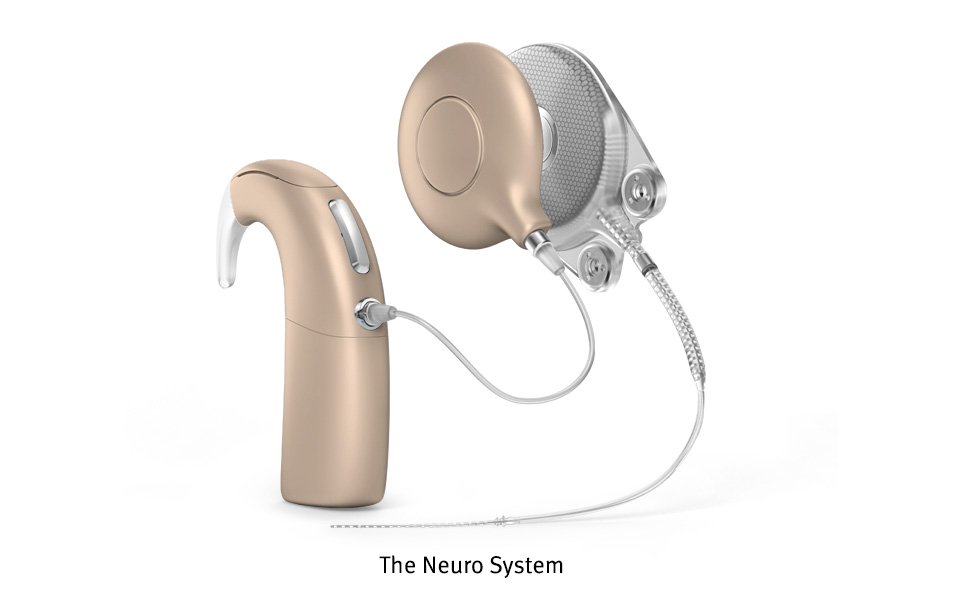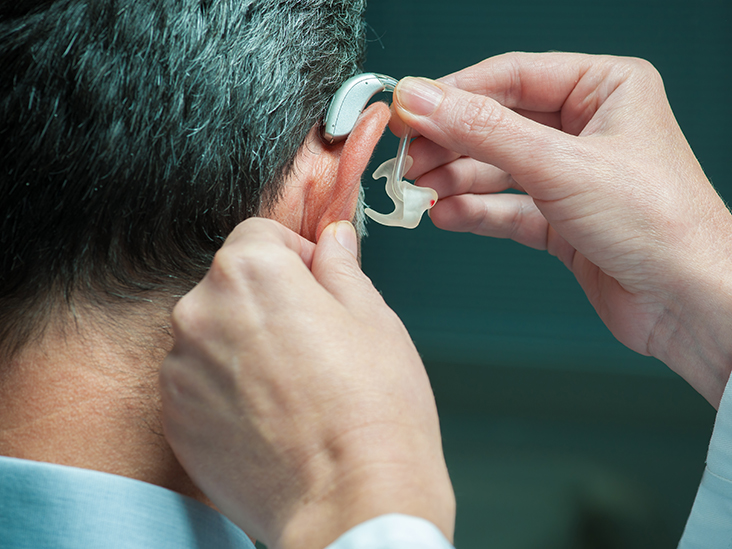
Abstract
OBJECTIVE:
To evaluate quality of life (QoL) and cognitive function in elderly patients with cochlear implants relative to auditory improvement, using geriatric validated scales.
STUDY DESIGN:
Prospective observational study.
SETTING:
A tertiary referral center for cochlear implantation (CI) and a geriatric center in Nancy, France.
PATIENTS:
Sixteen consecutive patients were included, from 65 to 80 years old, with postlingual severe-to-profound deafness.
MAIN OUTCOME MEASURES:
Evaluations were conducted before and at 6 and 12 months after cochlear implant surgery. A monosyllabic word recognition test was used to measure speech perception. QoL was evaluated by the World Health Organization Quality of Life Assessment for elderly people; cognitive function was evaluated by the Mini-Mental State Examination; depression was evaluated by the Hamilton Scale; autonomy was evaluated by the Instrumental Activities of Daily Living.
RESULTS:
Speech intelligibility evolved from 10% before surgery to 63% and 69% at 6 and 12 months after cochlear implant activation, respectively. QoL showed significant improvement in sensory abilities. The Mini-Mental State Examination evaluations remained stable and executive functions tended to improve. Autonomy improved significantly.
CONCLUSION:
Cochlear implantation improves autonomy and the QoL in the elderly. Cognitive functions are not influenced by surgery, but executive functions appear to benefit from implantation. Age should not be a limiting factor, and cochlear implantation can be proposed as an efficient treatment for severe-to-profound hearing loss in the elderly.
Sonnet MH1, Montaut-Verient B, Niemier JY, Hoen M, Ribeyre L, Parietti-Winkler C.

